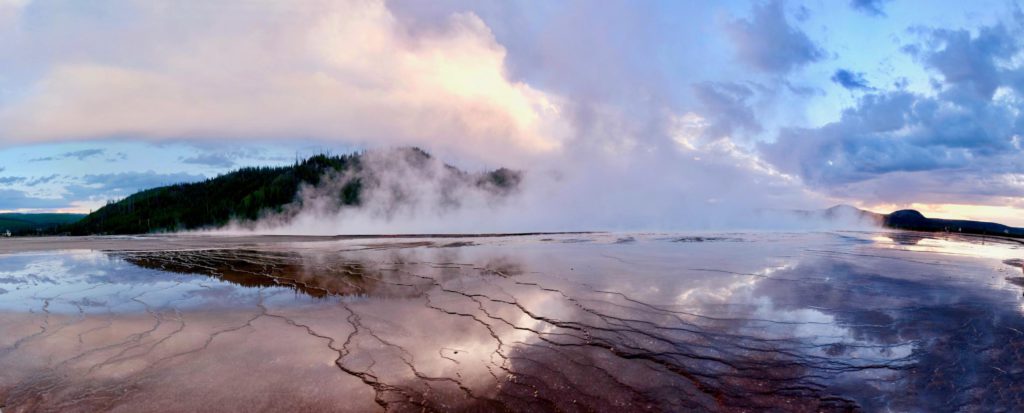Supervolcanoes set to power EVs
21 August 2017

21 August 2017
Scientists have discovered a revolutionary new supply of lithium, which will help solve the element’s scarce supply. Critical to lithium ion batteries that power modern electronics from smartphones to electric vehicles (EVs), the rise of very lithium-hungry EVs has made the element vulnerable to economic and political manipulation.
′We’re going to have to use electric vehicles and large storage batteries to decrease our carbon footprint,’ said study co-author″¯Professor Gail Mahood.
Most of the world’s supply of the rare element currently comes from only two places: high-altitude salt flat brine deposits in Chile and pegmatite rock deposits in Australia. Commodity experts CDU have predicted demand for lithium is already expected to outstrip supply this year.
In an article published in the journal Nature Communications, Stanford scientists announce the discovery that ancient supervolcano lakes hold a crucial new source of lithium. Supervolcanoes do not have a coned top – instead, due to the gigantic amount of magma released from below them, their roof collapses to form a crater called a caldera – similar in shape to the top of an egg cup. This crater then often fills with water to form a lake, and over tens of thousands of years this water separates the lithium out from the volcanic deposits, and the lithium accumulates in the lake, concentrated in a clay called hectorite.
In their article, the scientists also detail an innovative method for locating this lithium in supervolcano lake deposits – opening the doors for its sourcing and extraction. The scientists analysed the contents of craters left by supervolcanoes in the US in Oregon, Nevada.
While supervolcano eruptions are famously capable of dramatically changing global climate with genuinely cataclysmic consequences, the formations in question are ancient and therefore pose little risk of eruption. As such, the concept of mining around the inactive ones is not a daft as it seems.
Lead study author Thomas Benson said: ′The caldera is the ideal depositional basin for all this lithium.’
He added: ′We’ve had a gold rush, so we know how, why and where gold occurs, but we never had a lithium rush. The demand for lithium has outpaced the scientific understanding of the resource, so it’s essential for the fundamental science behind these resources to catch up.’
Carmakers are planning to rapidly ramp up EV production to meet tough Chinese EV quotas which begin next year, with the UK and France planning to ban petrol and diesel car sales from 2040 in order to meet Paris accord climate change targets. Volvo plans to abandon production of solely fossil fuel-powered cars from 2019.